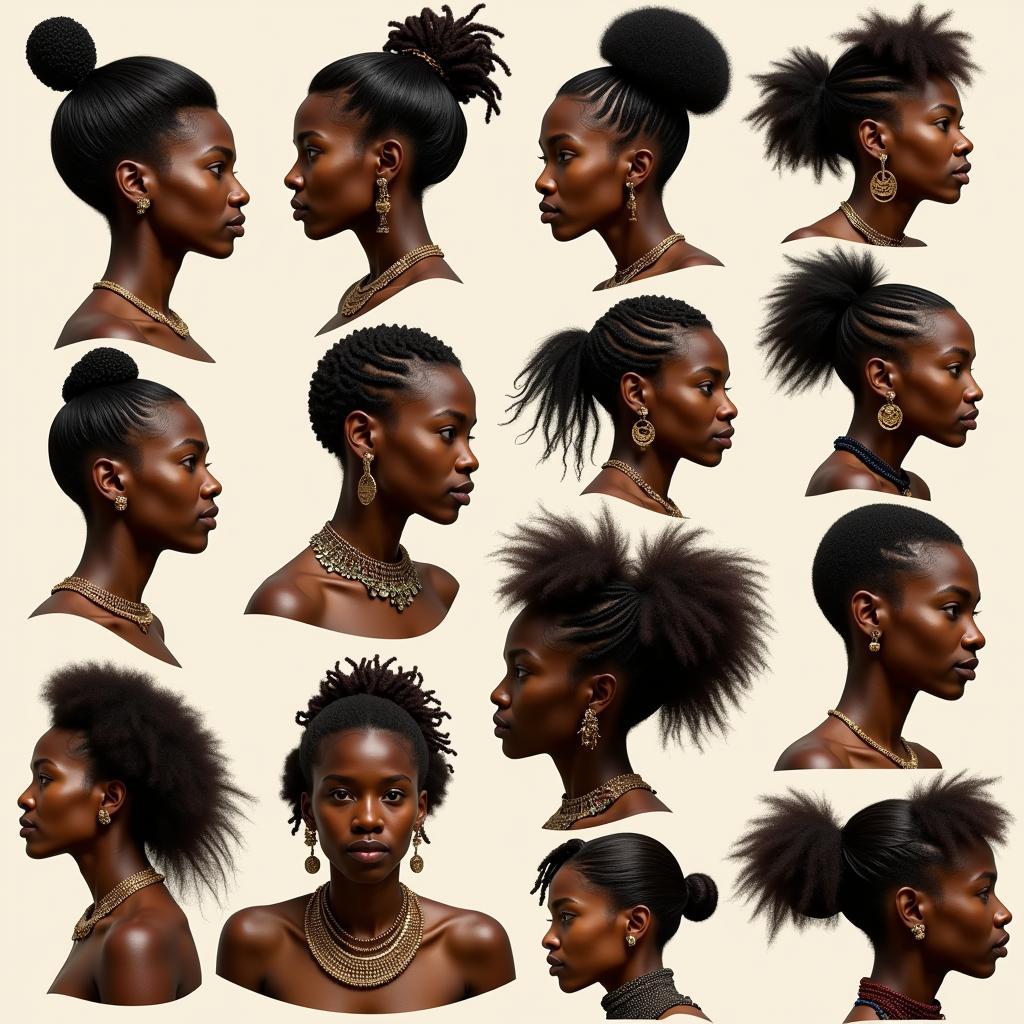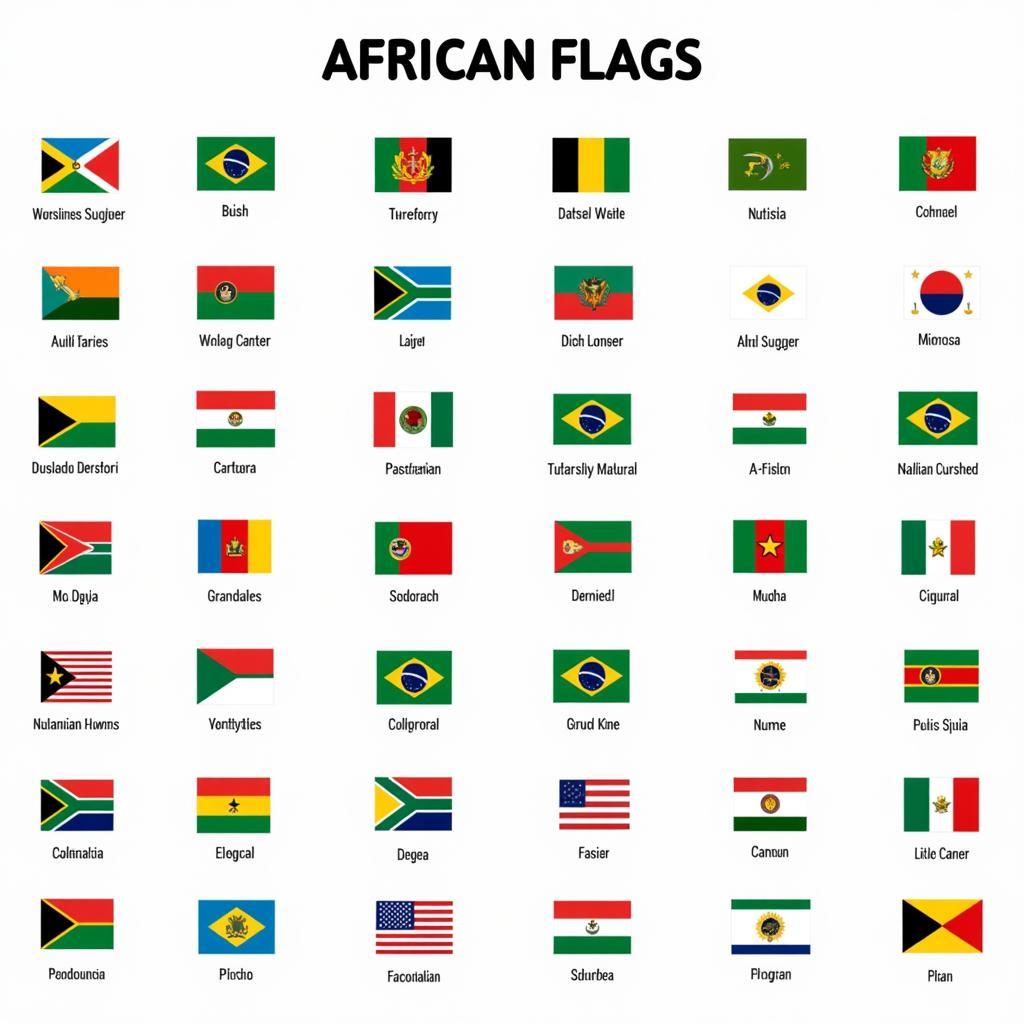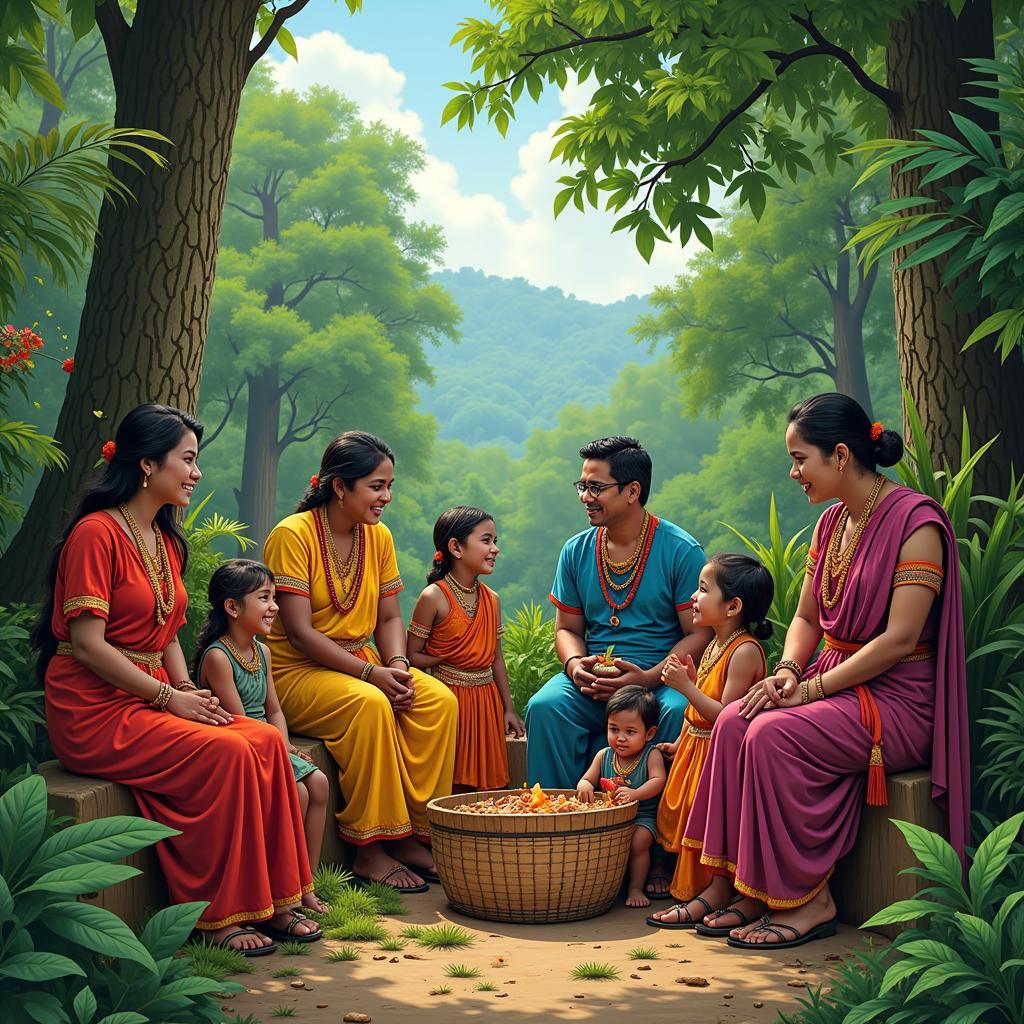African Hairstyles Images: A Journey Through Braids, Twists, and Cultural Expressions
African hairstyles are more than just aesthetics; they are a powerful form of cultural expression, storytelling, and artistry. From intricate braiding patterns to elaborate cornrows and vibrant natural styles, African hairstyles images offer a glimpse into the rich diversity and heritage of the continent. This article will delve into the captivating world of African hairstyles, exploring their historical significance, diverse variations, and modern interpretations.
African hair, with its unique texture and versatility, lends itself to a breathtaking array of styles. These hairstyles are often imbued with deep cultural meaning, reflecting social status, age, and even spiritual beliefs. For centuries, African communities have passed down hairstyling traditions through generations, preserving cultural heritage and celebrating individual identity. Looking at african hairstyles images, one can appreciate the creativity and skill involved in creating these masterpieces. We also recommend you check out African American prom hairstyles.
A History Woven into Strands: Exploring the Roots of African Hairstyles
African hairstyles have a long and fascinating history, dating back millennia. Evidence of elaborate hairstyling practices can be found in ancient Egyptian art and sculptures, showcasing the importance of hair adornment in early African civilizations. Different regions and ethnic groups across the continent developed distinct hairstyling techniques, resulting in a vast tapestry of styles. For instance, the Himba people of Namibia are known for their ochre-covered braids, while the Fulani women of West Africa adorn their hair with intricate beads and cowrie shells.
 African Hairstyles: A Historical Evolution
African Hairstyles: A Historical Evolution
Hair braiding, a ubiquitous practice in many African cultures, serves not only as a form of adornment but also as a social activity. Women often gather to braid each other’s hair, sharing stories, songs, and wisdom while creating intricate patterns that symbolize community and connection. These braiding sessions strengthen social bonds and transmit cultural knowledge from one generation to the next.
From Cornrows to Afro: A Kaleidoscope of African Hairstyle Images
The diversity of African hairstyles is truly remarkable, reflecting the vastness and cultural richness of the continent. Cornrows, a popular style characterized by tightly braided rows of hair close to the scalp, offer endless possibilities for creative expression. Geometric patterns, swirling designs, and even depictions of animals or symbols can be woven into the braids, transforming hair into a living canvas.
Another iconic African hairstyle is the Afro, a powerful symbol of natural beauty and Black pride. The Afro’s voluminous texture celebrates the natural curl pattern of African hair, challenging Eurocentric beauty standards and embracing self-acceptance. From tightly coiled curls to looser, flowing textures, the Afro represents a celebration of individuality and cultural heritage. If you’re looking for some inspiration for short hair, be sure to check out African ladies hair cut.
Modern Interpretations and Global Influences: African Hairstyles Today
While traditional African hairstyles continue to hold deep cultural significance, modern interpretations and global influences have led to an explosion of new and innovative styles. Braids are now adorned with colorful beads, metallic threads, and even extensions, adding a contemporary flair to ancient techniques. Natural hair movements have also gained momentum, encouraging women to embrace their natural textures and celebrate their unique beauty.
“African hairstyles are a testament to the resilience and creativity of African people,” says renowned hairstylist and cultural expert, Adaora Nnamani. “They are not just about aesthetics; they are a powerful form of self-expression and a celebration of our heritage.” You can also find great options with African American hair wigs online.
Embracing the Beauty and Significance of African Hairstyles Images
African hairstyles images offer a captivating window into a world of artistry, culture, and tradition. From the intricate braids of the Himba people to the powerful symbolism of the Afro, these hairstyles reflect the diverse beauty and rich heritage of the African continent. By understanding the historical context and cultural significance of these styles, we can appreciate the creativity and artistry that goes into each creation. We also suggest looking at African hair png for more inspiration.
African hairstyles are more than just hair; they are a powerful statement of identity, culture, and artistry. They are a testament to the enduring legacy of African traditions and a celebration of the beauty and versatility of African hair.
FAQ: Frequently Asked Questions About African Hairstyles
-
What are some common African hairstyles? Cornrows, braids, twists, locs, and Afros are among the most common African hairstyles.
-
What is the cultural significance of African hairstyles? African hairstyles often reflect social status, age, spiritual beliefs, and cultural identity.
-
How long do African hairstyles typically last? Depending on the style and maintenance, African hairstyles can last from a few weeks to several months.
-
Are there specific hair care practices for African hairstyles? Regular moisturizing and protective styling are essential for maintaining healthy African hair.
-
Where can I find inspiration for African hairstyles? African hairstyles images, online resources, and cultural events are great sources of inspiration.
-
What are some popular braiding patterns? Box braids, goddess braids, and fishtail braids are among the most popular braiding patterns.
-
How can I learn more about the history of African hairstyles? Books, documentaries, and museums dedicated to African art and culture offer valuable insights.
You might also be interested in African haircut styles for women.
Further Exploration:
For more information about African culture, explore our articles on African music, art, and cuisine. Discover the vibrant tapestry of traditions that make Africa so unique.
Contact us for support: Phone: +255768904061, Email: kaka.mag@gmail.com or visit us at Mbarali DC Mawindi, Kangaga, Tanzania. We have a 24/7 customer service team.

